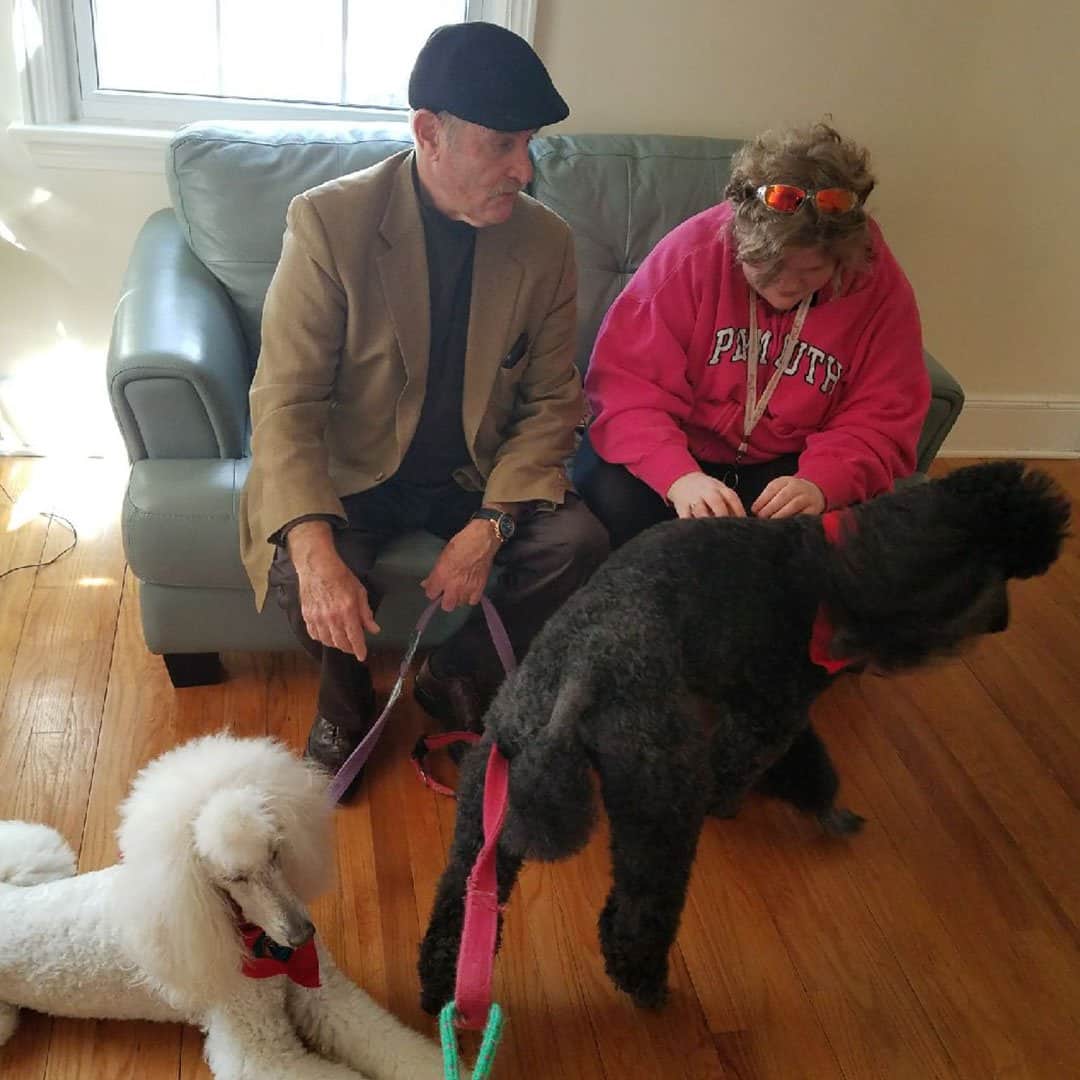We all need a little help to get by sometimes, some days more than others. For intellectually and developmentally disabled (IDD) adults, this sometimes comes in the form of a group home setting.
What is a Group Home?
A group home is not just a temporary residence or a place to lay one’s head. It’s a sanctuary, their personal space—it’s home. As such, a group home can, and should, provide all the necessities of life, along with an environment that offers mental, physical, and emotional stimulation.
After all, life is about more than just existing; it’s about living; and that means enjoyment, engagement, and passion, along with comfort, stability, and support.
Navigating the Day-to-Day
A group home allows its residents a certain level of independence while also assisting with routine care. For some residents, this means help with personal hygiene, like getting out of bed, using the restroom, bathing, dressing, brushing teeth, combing hair. Some need assistance with eating, drinking, and taking medication. Others require supervision and guidance as they go about their day, performing household tasks, running errands outside the home, getting exercise, learning, and playing.
Support staffers are on hand 24/7 to assist residents with everything from regulating medication to grocery shopping in the greater community. Staffers are there to guide and supervise: their duties are those of a caregiver, teacher, mediator, and friend.
What It Takes To Build a Home
The unfortunate reality is that not every disabled individual is best served at home with their family. It can often be a delicate balancing act for family members to provide adequate care while also giving their loved ones the time, space, privacy, and independence they need to flourish.
Well-meaning family members may attempt to shelter their disabled loved ones from the world outside. Whether they perceive this as a protective necessity or simply aren’t able to ‘control’ their loved one in public, this has a detrimental effect on the disabled individual. No one likes being lonely, and isolation can negatively impact an IDD individual’s social behaviors and emotional wellbeing.
For adults with intellectual and developmental disabilities, a group home is a place where they can be a part of a community. Group home residents are encouraged, when possible, to interact with their peers, form relationships, develop social skills, and share interests. A group home allows for social inclusion in a safe environment. But building relationships is about more than just developing social skills; it’s about finding a place where you belong. After all, home is where the heart is.
Serving the Community
IDD adults deserve a home where they feel comfortable, safe, secure, and independent.
New York City’s Independent Living Association is proud to serve the IDD community with compassion, guidance, and support. Every individual and every disability is different, which is why we offer group homes and independent living arrangements for a variety of special needs.
From community and day habilitation services to full and part-time residential services, ILA is dedicated to providing you and your loved one with the care and dignity you both deserve.
ILA’s COVID-19 Response
Please be assured that the health and safety of our Individuals, families and team members remain our highest priority. All of us at ILA take our responsibility to support Individuals and their families seriously, and we are especially committed to continuing to do so during these crisis times.
Helpful resources: Center for Disease Control and Prevention • NYS Office for People With Developmental Disabilities • NACDD

































































